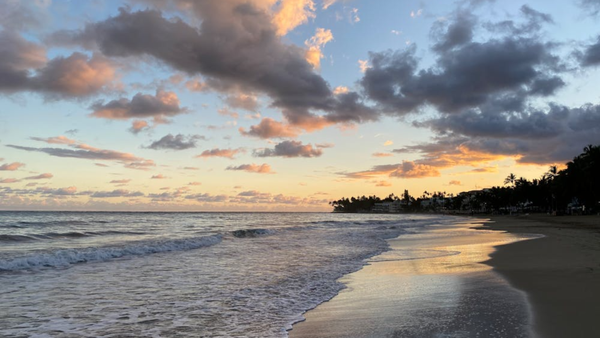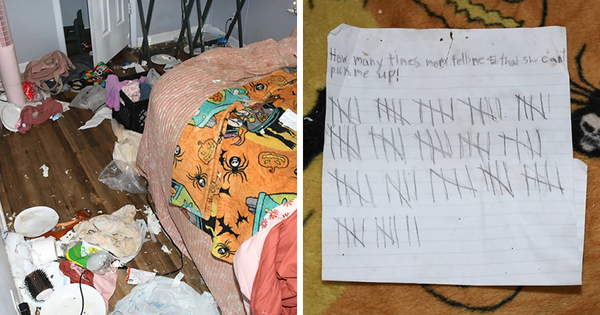With the coronavirus vaccine now approved for all high school children in Wales it's raised the issue of parental consent.
While the move to immunise 12 to 15-year-olds has been largely welcomed by many families others aren't as happy about it and say they will object to their child being given the jab.
So how will the programme work and what will happen if a parent refuses to consent?
Read more: Coronavirus infection rates, cases and deaths for all parts of Wales on Tuesday, September 14
Speaking at the Welsh Government's press conference on Tuesday health minister Eluned Morgan said a first dose of the Covid vaccine would be "offered" to children and would not be compulsory.
She said there would be a "blended mix" of children having their jabs in schools and mass vaccination centres with health boards working alongside local authorities to determine when and where the jabs will be administered.
Baroness Morgan confirmed that appointment invitations will go out this week to Welsh households with vaccinations starting in earnest the following week. But she said there was a "clear process" in place should a child want the jab but their parents refuse.

"The children will be invited to mass vaccination centres, probably accompanied by their parents, where they will be given details about the pros and cons of getting the vaccination," she said.
"Then it will be up to the parents and the children together to determine whether they want to receive the vaccine. The process in school will be slightly different – it'll follow the normal processes of immunisation where a letter is sent out to parents.
"Where there is a dispute between the children and the parents there is a process to go through involving a Gillick capacity and competence test that is determined by the clinicians in terms of whether the child is able to make that decision for themselves. This is a tried and tested process."
The health minister said that both children and their parents need to balance the risks as well as the benefits of having the vaccine.
"We have seen evidence that when they contract coronavirus one in seven children develop 'long Covid' and that is something that can be quite debilitating for them," she said.
"That is something they need to consider when weighing up this information. We also don't want to disrupt children's school any more than it has done already. We've always, as a government, emphasised the importance of getting our children back into school and keeping them in school where possible.
"We also know that if children contract coronavirus when they've had a jab symptoms are likely to be much milder."
Professor Anthony Harnden, deputy chair of the Joint Committee on Vaccination and Immunisation (JCVI), said there will be a "grade of competency" based on age when considering whether a child's decision to take the vaccine against a parent's wishes can be honoured.
When asked whether he would feel comfortable about a 12-year-old child taking up their offer of a vaccine if their parent had not consented he told the BBC Today Programme: "I wouldn’t feel comfortable about that. I think we have to be really careful that we go by the law and the law clearly states that the child and parent should try to come to an agreed conclusion.
"But that if the child wants to go ahead or doesn't want to go ahead and the parent feels absolutely the opposite then the clinician involved in administering the vaccine needs to be absolutely sure that the child is competent to make that decision.
"There will be a grade of competency from the age of 16 downwards so 14 to 15-year-olds may be deemed competent to make that decision on their own. It's less likely that a 12 or 13-year-old will be deemed competent."
After looking at the clinical and societal sides of the argument the UK's four chief medical officers concluded that vaccinating 12 to 15-year-olds would help reduce transmission of Covid-19 in schools and reduce – but not eliminate – disruption to education.
Their approval came despite the JCVI not recommending mass vaccination of 12 to 15-year-olds. JCVI experts said that Covid-19 presents a very low risk for healthy children so vaccination would only offer a "marginal" benefit. However their analysis only looked at the health impact.
Julie Morgan MS, deputy minister for social services, said during the press conference on Tuesday that "child-friendly" information on the vaccine would be offered to them to help them make up their minds.
To get the latest coronavirus news sent straight to your email inbox sign up for our free Covid newsletter by clicking here







